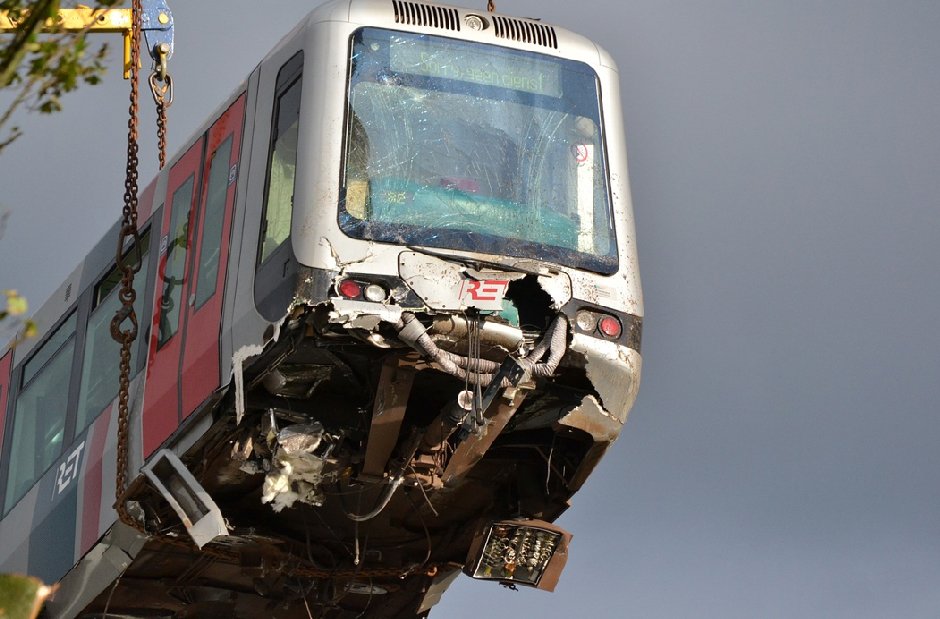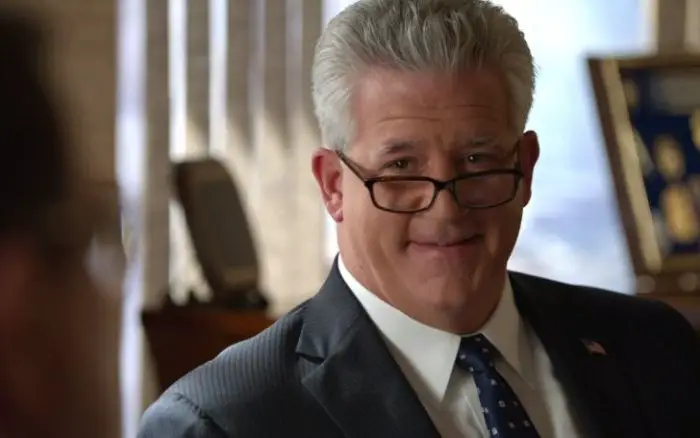Trains are a fantastic way to travel – they’re efficient, often scenic, and can take us to exciting new destinations. But like any form of transportation, train travel comes with inherent risks. While safety regulations are constantly improving, railroad accidents can still happen, and the consequences can be devastating.
Understanding your rights and options is crucial if you’ve been involved in a train accident. Working with experts like railroad accident lawyers at Wilshire Law Firm can help you get the compensation you deserve and hold responsible parties accountable. It’s also important to understand why train accidents happen in the first place and how they can be prevented.
In this article, we’ll explore the common causes of train accidents and discuss steps that can be taken to prevent them.
Common Causes of Train Accidents
While each train accident is unique, the Federal Railroad Administration (FRA) has identified several common causes contributing to most incidents. These include human error, mechanical failure, and track problems.
Human Error
Human error is one of the leading causes of train accidents, accounting for nearly half of all incidents. It can include errors by train operators, dispatchers, and railroad employees.
Examples of human error that may lead to train accidents include:
Train operator fatigue or distraction
Failure to adhere to safety protocols and procedures
Inadequate training or experience
Substance abuse by train personnel
Human error can also occur due to miscommunication or misunderstandings between employees, which may result in derailments, collisions, or other accidents.
Beyond train personnel, pedestrians and drivers at railroad crossings are another source of human error in train accidents. Reckless behavior, like trying to beat a train or not paying attention to warning signals, can have tragic consequences.
Mechanical Failure
Just like any complex machine, trains have numerous parts that need to function flawlessly. Issues with crucial components like brakes, engines, or signaling systems can lead to accidents. These failures can be sudden and catastrophic or develop over time due to inadequate maintenance.
Regular inspections and proper upkeep are essential for preventing mechanical failures that could cause a train accident.
Track Problems
The condition of the tracks themselves also plays a role in train safety. Some potential issues include:
Worn or broken rails causing derailments: Over time, tracks can wear down or become damaged, leading to a train derailing, which can be catastrophic.
Obstructions on the tracks: Objects like debris, vehicles stalled on the tracks, or even intentional placement of objects can obstruct a train’s path, causing a collision.
Damage from natural disasters: Events like landslides, earthquakes, or floods can damage train tracks, making them unsafe for travel. Proper maintenance and monitoring can help prevent tracking problems caused by natural disasters.
Legal Implications of Train Accidents
If you’ve been involved in a train accident, seeking legal counsel is crucial for protecting your rights and securing the compensation you deserve. A skilled railroad accident attorney can help determine liability and assess damages related to the incident.
Determining Liability
Determining liability in a train accident can be challenging, as multiple parties may share fault. These could include the train operator, the railroad company, maintenance workers, and even manufacturers of faulty equipment. An attorney with experience in train accidents can help identify all responsible parties and hold them accountable for their role in the incident.
Injuries and Damages
Train accidents can result in severe injuries and damages. Victims may require extensive medical treatment, be unable to work or suffer from emotional distress due to the incident. Seeking legal counsel can help ensure you receive fair compensation for these damages, which may include:
Medical expenses
Lost wages
Pain and suffering
Property damage
In tragic cases where a fatality occurs, wrongful death claims can be pursued on behalf of the victim’s loved ones.
How to Prevent Train Accidents
While accidents can never be entirely avoided, steps can be taken to minimize the risk of train accidents. These include:
Regular maintenance and inspections: The FRA mandates that all railroad companies regularly inspect and maintain their tracks, trains, and other equipment to ensure safe operation.
Training and education for employees: Properly trained and knowledgeable personnel are essential in preventing human error-related accidents.
Improved signaling and communication systems: Improved communication among train operators, dispatchers, and other staff can help to avoid misunderstandings that contribute to accidents.
Investing in technology: Implementation of advanced safety technologies like automatic braking and positive train control systems can significantly reduce the risk of accidents caused by human error or mechanical failure.
Railroad safety is a shared responsibility. Everyone involved in operating trains must work together to prevent accidents and ensure the safety of passengers and employees.
Seeking Legal Counsel After a Train Accident
Train accident lawsuits can be intricate due to determining liability, which can involve multiple parties like the train company, manufacturer, or government agencies. An experienced railroad accident lawyer can investigate the cause, gather evidence, and fight for the fair compensation you deserve. Their expertise in navigating complex railroad regulations can be invaluable in maximizing your recovery.
The post Train Accidents: Why Do They Happen and How to Prevent Them? appeared first on Heal How.







